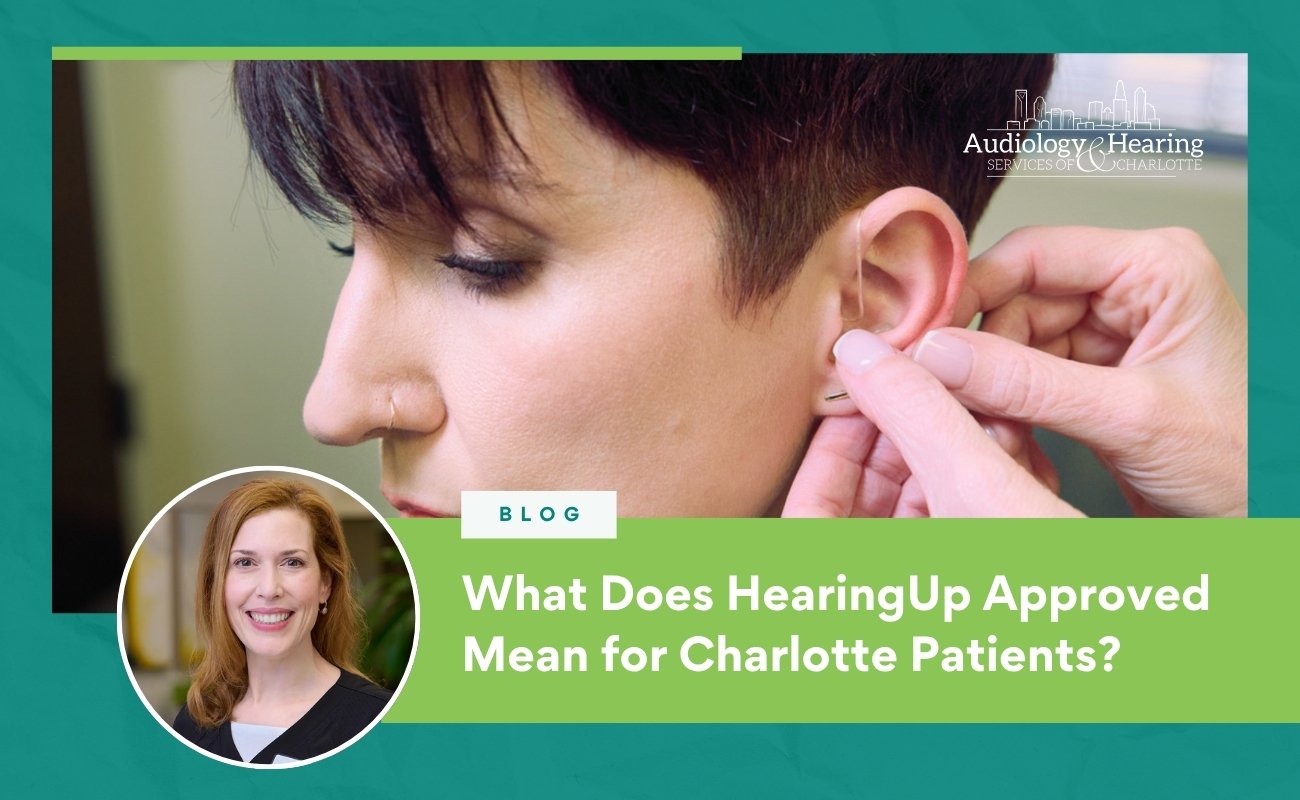
Good Intentions but Ill-Informed: Over-the-counter Hearing Aids

Senator Elizabeth Warren and Senator Chuck Grassley have gone public with their intention to create a class of Over The Counter (OTC) hearing aids for consumers to self-treat hearing loss. In preparation for this, the FDA has eliminated the requirement or waiver for a medical evaluation for adults prior to being fit with amplification.
It is well-intended but ill-informed. As an audiologist, it is my goal to help people hear well. It should also be a goal to do no harm.
Senators seem to think that hearing aids are not purchased due to cost and barriers to purchase (such as a medical evaluation). Interestingly, if they took the time to look at other countries, such as the UK with the NHS, they would see that even with fully funded government paid hearing aids and medical care, the rate of hearing aid use is virtually the same as in the US. It’s not price or a physician visit preventing consumers from hearing better.
A common yet misleading comparison is OTC hearing aids are no different than the reading glasses that can be purchased anywhere. Often called “cheaters”, these glasses tend to be simple magnifiers. That may be appropriate for some people while offering minimum risk. Hearing loss works differently and cannot simply be refracted back into focus. There are different configurations of hearing loss and a simple amplifier can both over and under amplify sounds required to hear speech. This results in limited benefit and risk of harm.
A driving force in this push for OTC hearing aids was the President's Council of Advisors on Science and Technology (PCAST) report on aging and hearing loss. It should be noted that there was not an audiologist, otologist, or otolaryngologist on this council. While they were correct in recognizing the problems associated with untreated hearing loss, they made their recommendations without the benefit of those most knowledgeable about hearing loss and the impact on health represented on the council.
Another misconception is that a hearing aid will fix hearing loss. Hearing loss is more complicated than that. The device is one piece of the puzzle. A proper hearing aid fitting requires an accurate hearing evaluation (not needed for OTC hearing aids) to select an appropriate device. That device is then programmed to fit the individual’s loss (not possible in an OTC hearing aid). That fitting is then verified with probe mic measures to ensure correct levels of sound are being delivered to the patient (not possible in an OTC hearing aid), and aural rehabilitation and counseling is put in place to help the patient adjust to and get the most out of their improved hearing (again, this will not happen in an OTC situation).
On average, a consumer waits 7 to 10 years to purchase a hearing aid. If their experience is one that is unsuccessful, uncomfortable, under or over-amplified, or has embarrassing feedback, that time will increase.
If a consumer self-treats hearing loss without the benefit of a hearing evaluation by an audiologist, ear pathologies that could be treated may be missed (sudden hearing loss, acoustic neuroma, middle ear disease, cholesteatoma, otosclerosis or ossicular disarticulation). Hearing loss is not an inconvenience – it is a medical condition and needs to be treated as such.

Melissa Karp is a board-certified audiologist with special expertise in tinnitus treatment, auditory processing disorder (APD) evaluation, hearing aid fitting and aural rehabilitation.

Related blog posts
Contact us
Get in Touch
Ready to start your journey to better hearing?



Charlotte, NC 28226



